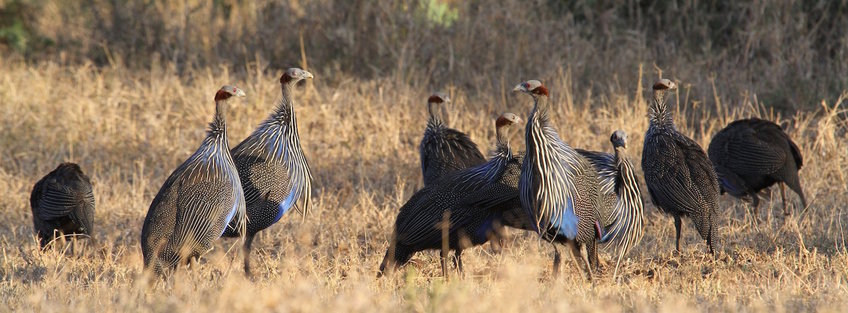
Factors shaping individual contributions to collective decision-making
What determines individual differences in collective decision-making? It has long been thought that dominant individuals should have greatest influence on where and when groups of animals move. Recent empirical studies have largely contradicted this hypothesis, instead suggesting that shared decision-making, where all individuals are equally able to have influence, is likely to be more common in nature. Yet, the same studies have also reported consistent differences among individuals in their propensity to contribute to group actions. What underlies these differences?
We are seeking one PhD student to join our exciting ERC-funded research group Social Evolutionary Ecology. The student will have the opportunity to conduct pioneering studies of collective decision-making in wild birds by working as part of the ECOLBEH project: The Ecology of Collective Behaviour. Specifically, the advertised position will involve investigating how long-term experience and social relationships shape individual contributions to collective decisions. This research will be conducted on the vulturine guineafowl—a newly established but very powerful system for studying collective decision-making and social behaviour more generally. The project will benefit from working with several habituated groups, several groups where all individuals are fitted with solar-powered high-resolution GPS tags, and studying the behaviour of these groups within a fully-marked population. Vulturine guineafowl form a complex multi-level society (see Papageorgiou et al. 2019 Current Biology), thus providing an unprecedented higher-level social contexts in which to study the contribution of individuals to their group.
The strength of our research group is to integrate technology and novel analytical techniques in studies of wild animal groups, with a particular focus on birds. Applicants are invited to contact Dr. Damien Farine [DF1] to discuss details about the research project. We seek highly motivated students, particularly those with an empirical background, a broad interest in social behaviour, and who wish to work with animals in the wild. Quantitative skills are not a prerequisite for consideration, but positive attitude towards doing great science is!
Keywords: Ecology, collective decision-making, collective movement, animal tracking, social behaviour.
Kenyan nationals with a Masters degree are particularly encouraged to apply.
Supervisor: Dr. Damien Farine (University of Konstanz and MPI) dfarine@ab.mpg.de